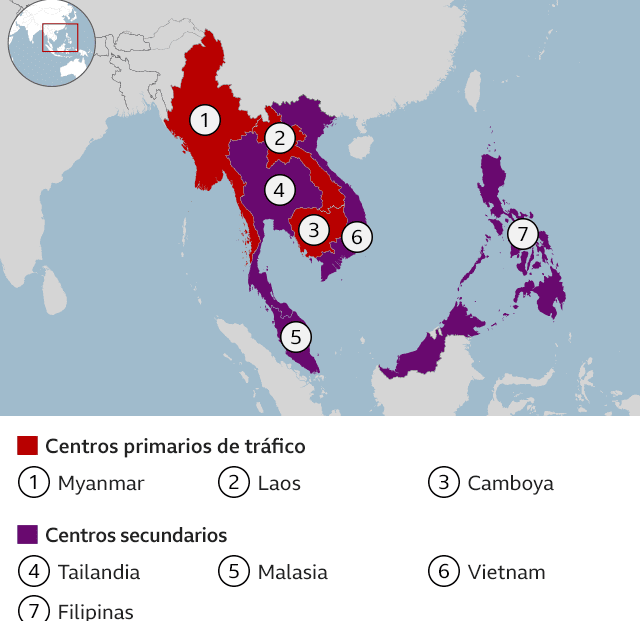BTN News: In a harrowing journey of deceit and desperation, Ravi, a 24-year-old IT specialist from Sri Lanka, found himself entangled in a horrifying nightmare. Seeking to escape the economic turmoil in his homeland, Ravi was lured by the promise of a well-paying job in Bangkok. However, what awaited him was not the towering office buildings of a bustling city, but the grim reality of a trafficking network operating in the shadows of Southeast Asia. Instead of starting a new chapter in his life, he was thrust into the terrifying underworld of online scams, controlled by ruthless criminal syndicates. Stripped of his freedom and dignity, Ravi’s story is a chilling example of modern slavery in the digital age.
Ravi’s ordeal began when he accepted a job offer that seemed too good to be true. The promise of a lucrative salary and a chance to build a future for his new family led him to take out loans and place his trust in dubious agents. What he didn’t realize was that he was stepping into a well-oiled machine of human trafficking. Upon arrival in Thailand, Ravi, along with other unsuspecting victims, was transported to a remote area in Myanmar, far from the reach of any authority that could help him. Here, he was sold to a camp run by Chinese-speaking criminals, where his life took a drastic turn for the worse.
The camp where Ravi was held captive was nothing short of a prison, surrounded by high walls and barbed wire, with armed guards ensuring that escape was impossible. Inside, he and dozens of other victims from various countries were forced to work up to 22 hours a day, driven by the threat of violence and torture. The work was grueling and sinister: using fake identities, they were made to engage in online scams, targeting lonely men in Western countries, convincing them to invest large sums of money in fraudulent schemes. The psychological manipulation was intense, with Ravi and others coerced into forming fake romantic relationships with their targets, all to extract as much money as possible.
Refusal to comply with these demands was met with brutal punishment. Ravi himself was subjected to horrific torture, including electric shocks and starvation, simply for not meeting the criminal’s demands. He spent 16 days in a cell, subsisting on a vile mixture of water, cigarette butts, and ashes. The violence was not just a threat but a constant presence. Ravi recounted witnessing the gang-rape of two women, an experience that left him deeply traumatized and underscored the ruthless nature of his captors.
The scale of this criminal enterprise is staggering. According to Interpol and the United Nations, tens of thousands of people from across Asia, Africa, and even Europe have fallen victim to these human trafficking networks, forced into slave-like conditions in various parts of Southeast Asia. These camps, operating in lawless regions of countries like Myanmar and Cambodia, have evolved into global threats, exploiting the vulnerable with promises of legitimate work abroad.
Despite the efforts of international and local authorities to crack down on these operations, the problem persists, driven by the demand for cheap, exploitable labor and the vast profits generated by online fraud. For many victims like Ravi, escape is only possible through the payment of hefty ransoms. Ravi’s parents, desperate to save their son, had to borrow large sums of money, putting their home at risk to secure his release.
Ravi’s story is a stark reminder of the dangers faced by those seeking a better life abroad, and the lengths to which criminal networks will go to exploit human desperation. Even after returning home, the scars of his experience remain. Ravi is now burdened with debt, working tirelessly to repay the loans that saved his life, yet at a cost that has left him and his family on the brink of financial ruin.
The fight against human trafficking and modern slavery requires a concerted effort from governments, international organizations, and communities. The need to raise awareness, strengthen legal frameworks, and provide support for victims is more urgent than ever. Ravi’s experience is not just a personal tragedy but a call to action to prevent others from falling into the same trap.


